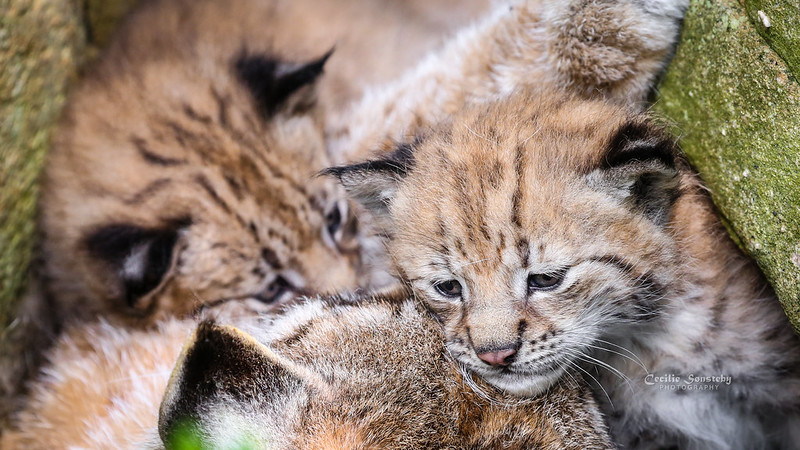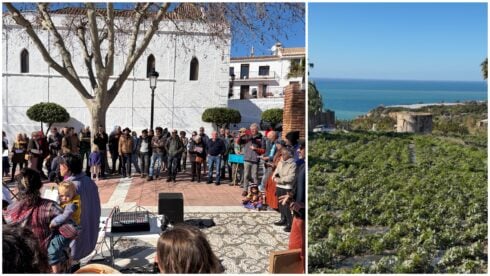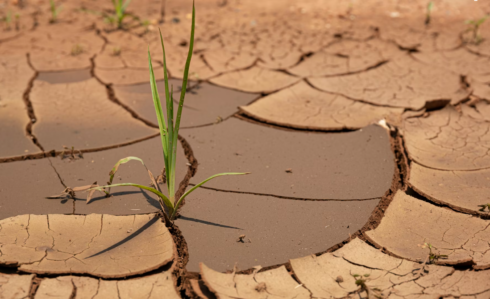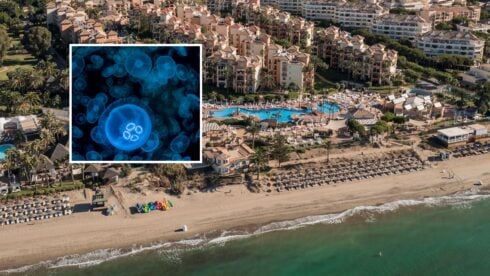A TOTAL of 43 new Iberian lynx cubs have been born throughout 2022 in different breeding centres managed by National Parks across Spain.
The 2022 Iberian lynx breeding season ended with the successful birth of seven cubs in the Doñana National Park (Huelva). A further nine lynx cubs were born in Zarza de Granadilla; 14 in La Olivilla; ten in Silves and three in Jerez Zoo.
Among the Lynx pardinus born last season, there were 20 males and 23 females.
According to lynx conservation experts, Iberian lynx litters undergo an aggressive behaviour phase at around seven weeks of age, in which the cubs establish their hierarchy through aggression that can sometimes end with the death of one of them.
Fortunately, this has not been the case for the cubs born as part of the Iberian Lynx breeding programme last year.
The latest lynx census carried out in 2021 indicates that there are currently more than 1,300 lynx on the Iberian Peninsula. Half of which are located in Andalucia, distributed over a minimum area of 1,626 square kilometres, which represents a significant increase in both the population and its area of distribution with respect to the beginning of the century.
The first captive birth of this endangered feline species took place in 2005 in the Doñana National Park (Huelva). Since then 126 Iberian lynx cubs have been born in the Doñana facilities that have survived, 70 of which have been released into the wild in different parts of the Iberian Peninsula, in order to favour the recovery of the wild populations of this species.
Last year saw a total of 33 lynx released into the wild at a national level as part of the Iberian Lynx Ex situ Conservation Programme.
READ MORE:
- Seven Iberian lynx breeding pairs selected for upcoming mating season in Spain’s Doñana
- Oldest known Iberian lynx in Spain has died
Click here to read more Nature News from The Olive Press.








